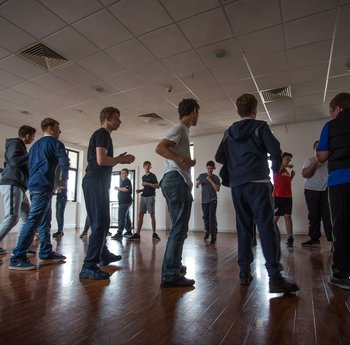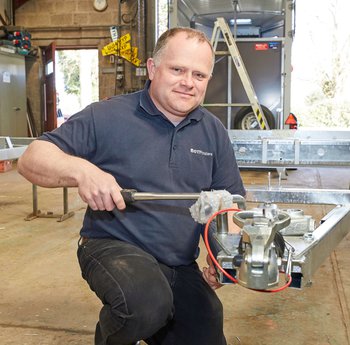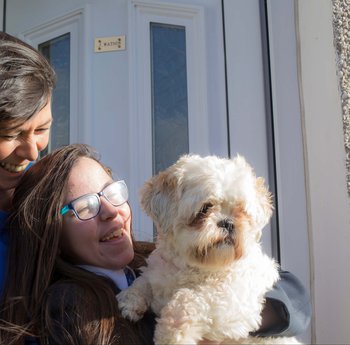
People
We want social enterprises, charities and social purpose organisations to access investment to grow their impact and help improve people's lives.
Our mission is to help improve people’s lives in the UK, but it is the social enterprises and charities who ultimately create this impact, with investment and often non-financial support from fund managers, social banks, and other intermediaries.
The areas in which these organisations create impact are as broad and diverse as the enterprises themselves, ranging from education and employment, to health, housing and income support.
The impact stories in this section are intended to illustrate the different ways and areas in which social enterprises, charities and social purpose organisations receiving social impact investment create their impact. They are by no means exhaustive. Some of the examples provided also illustrate how enterprises have successfully adopted and continued service delivery, despite the challenges presented by COVID-19.

Arts, Heritage, Sports and Faith
Cuts to public funding put local services such as libraries, leisure centres and community organisations under pressure to find new ways to raise money, to grow or survive. Charities and social enterprises use social impact investment in many different ways to provide affordable sports facilities, develop inclusive arts centres and community programmes, and preserve heritage buildings.

Citizenship and Community
Communities across the UK can face significant challenges, including poverty, crime and the closure of vital local services. But social impact investment, including community shares, can help create thriving and inclusive communities, developing local solutions that meet local needs with the right kind of finance and support.

Conservation of the Natural Environment
The environment is under increasing pressure due to climate change caused by pollution, poor waste management and the burning of fossil fuels. These damaging environmental impacts have a direct and indirect effect on people's lives. Social investment enables charities and social enterprises to develop social business models that link environmental and social benefit by supporting renewable energy and preserving nature sites.

Employment, Education and Training
Education and training are incredibly important in young people’s lives, shaping their opportunities both now and in the future. But the attainment gap for pupils from less advantaged backgrounds remains huge. It’s also a challenge to equip young people with the skills they need for work, and to retrain older people to secure jobs in emerging industries.
Charities and social enterprises are using repayable finance to address these issues, by delivering education programmes, preparing students for life beyond school, connecting people with jobs, supporting young people at risk of unemployment, and providing training opportunities for people disconnected from the labour market.
Family, Friends and Relationships
The consequences of relationship breakdown, poverty, domestic violence and loneliness are huge, both for individuals and society. Without a proper support network, it can become difficult for some people to cope.
Charities and social enterprises are using social investment to support vulnerable young people, provide high-quality childcare, and help children on the edge of care – with an emphasis on intervening early, and prevention.
Housing and Local Facilities
Providing affordable housing and tackling homelessness are both major challenges in the UK. The lack of affordable housing means more people live in the private rented sector, where over a third of homes fail to meet the Decent Homes Standard. At the same time homelessness is rising.
Social impact investment provides finance for social enterprises and charities to deliver specialist accommodation.

Income and Financial Inclusion
Four million low-income households have poor access to mainstream financial services. People living in poverty pay an additional ‘poverty premium’ of around £490 a year for a range of everyday goods and services. This is because they have to use more expensive pre-pay meters for electricity, can’t pay for services by the cheapest billing method or can only access higher-cost credit.
Social investment is supporting social business models that provide ethical finance, helping people buy affordable household items with affordable credit, and supporting small businesses.

Mental Health and Wellbeing
25% of adults and 10% of children experience mental health issues. People from a disadvantaged background are disproportionately affected, while 90% of people with a mental health problem also experience stigma and discrimination.
Social impact investment is helping social business models build evidence for digital and community-based support for people experiencing mental health issues. It’s also piloting and scaling preventative mental health provision.
Physical Health
Demand on the health and social care system is rising due to an ageing population and the increased life expectancy of people living with long-term health conditions. Budget pressures make it increasingly hard to meet this demand for services.
Social investment is supporting charities and social enterprises that are developing preventative and community-based services to provide higher quality care for older people – both at home and in residential settings – and to help people stay active and well.


